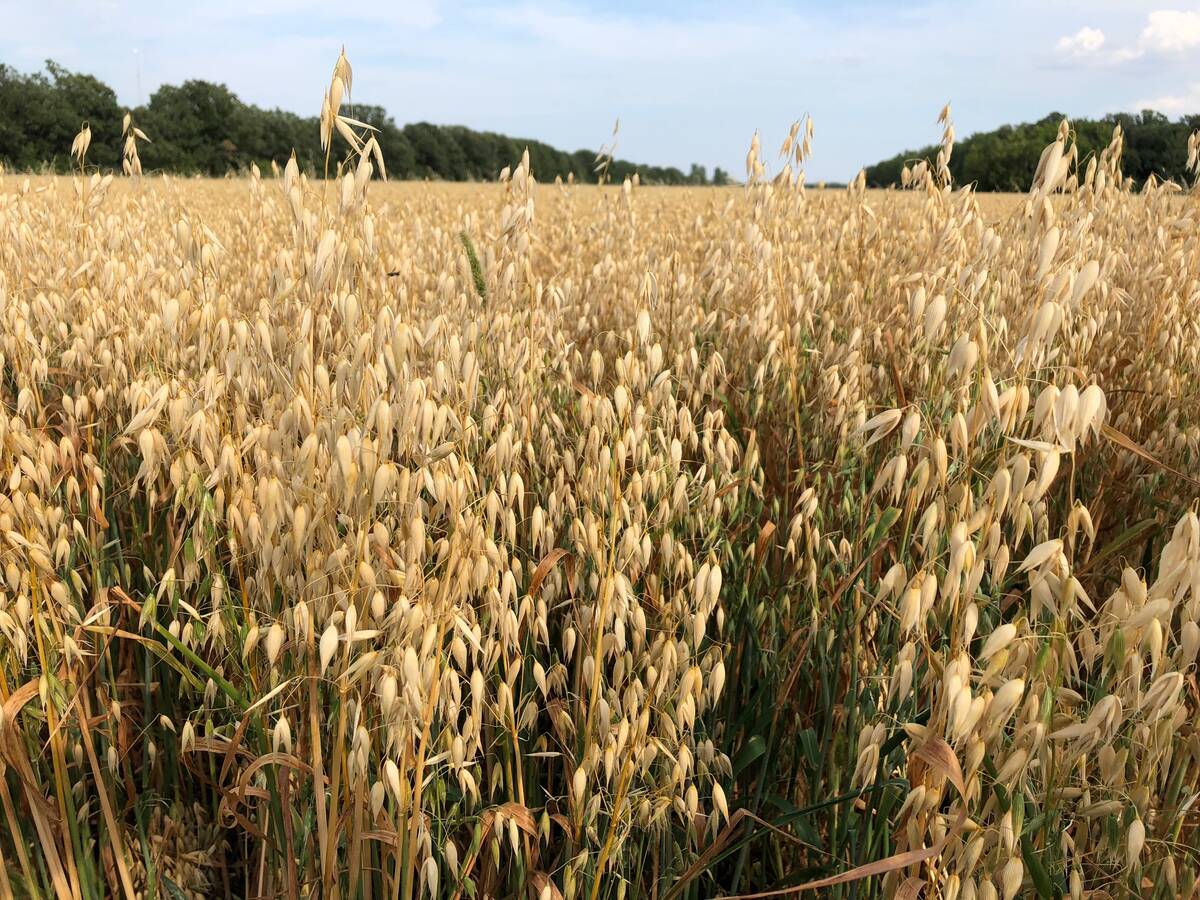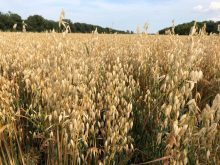PORTAGE LA PRAIRIE, Man. – Quality potatoes don’t have a lot of eyes, but potato producers are happy to be sitting in the eye of the economic storm.
“It’s a stable industry. That’s one thing we have going for us,” said Dan Sawatzky, president of the Keystone Vegetable Producers Association.
“I think the industry’s in a fairly healthy state.”
In an interview during the Portage la Prairie McCain Foods producers banquet and awards night, Sawatzky said potatoes are a food staple.
Read Also

Controversy fails to prevent PGR use in oats
Some Manitoba oat growers are still using chlormequat chloride — the active ingredient in Manipulator —and sometimes to measurable success.
If in hard times people avoid fine restaurants, they’ll likely still eat french fries at burger joints or boil potatoes at home, thereby leaving overall demand untouched.
Potato farmers are insulated from the damage inflicted by the rapidly appreciating Canadian dollar. Potato contracts are generally set in Canadian dollar terms for year-long periods, so sudden increases in the loonie don’t hammer farmgate prices the way they do for most crops and livestock.
The situation is different for processors.
McCain president Fred Schaeffer said his company is feeling the pressure of the loonie and has asked producers to work hard to keep the Canadian industry competitive with American growing regions, which are helped by the weaker U.S. dollar.
Only by being ultra-efficient will Canadian growers be able to profitably sell into the U.S. market, he added.
“Our competitiveness gap versus the United States remains our single biggest challenge, and it is a challenge we must address,” Shaeffer said in a speech to growers.
“You have shown your willingness to close that gap.”
As the loonie surges, the need to have the leanest system in North America increases.
“By working together, we can continue to ensure… our competitiveness versus the U.S. even when the loonie is at parity with the greenback,” he said.
Improved competitiveness will prevent a loss of acreage to the U.S.
Whether that means lower prices for farmers next year won’t be known for months. Processors and grower groups are beginning to meet to work out contracts for the coming year, but prices aren’t usually set until just before planting.















